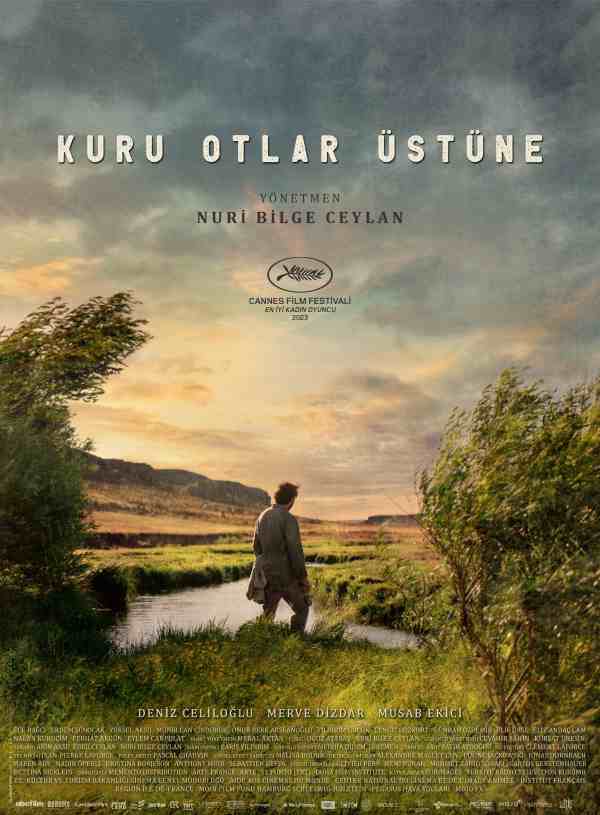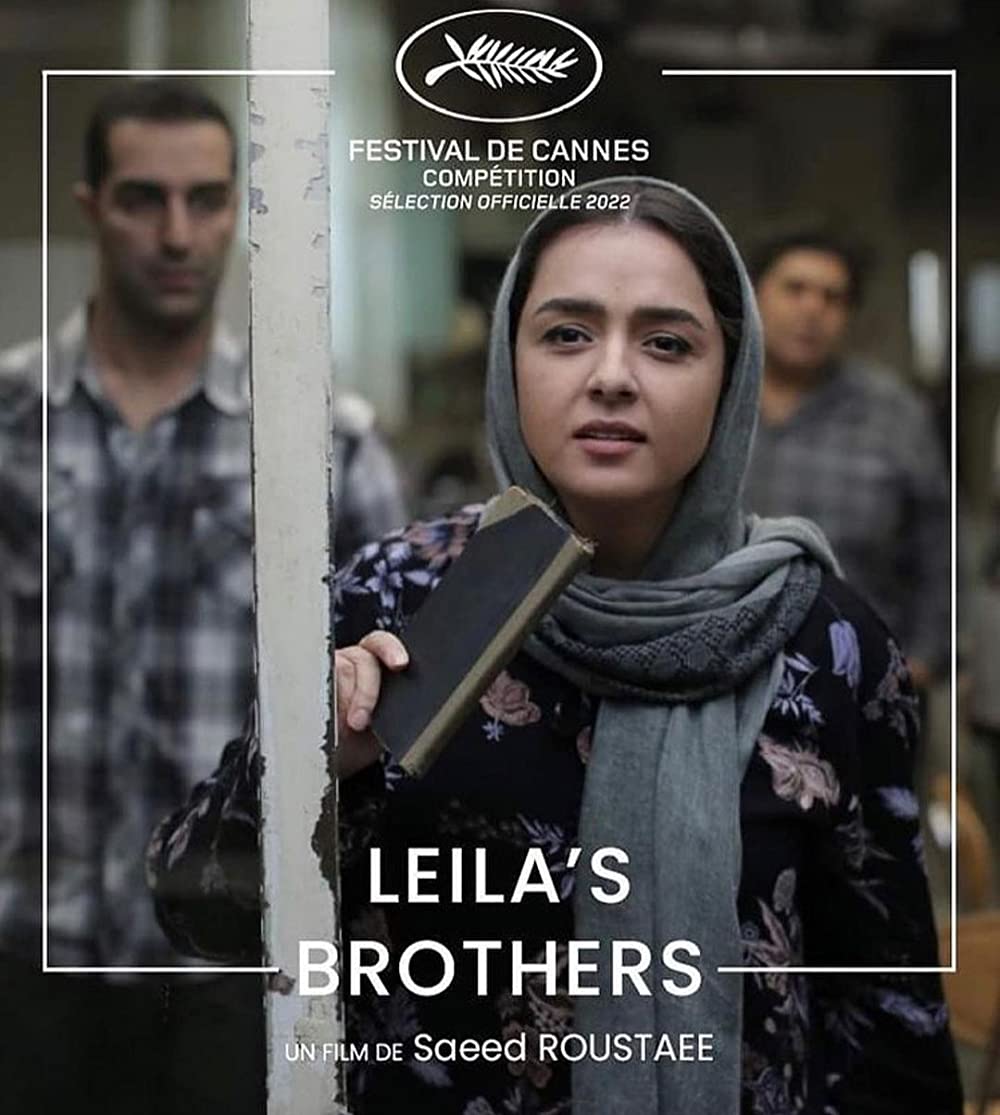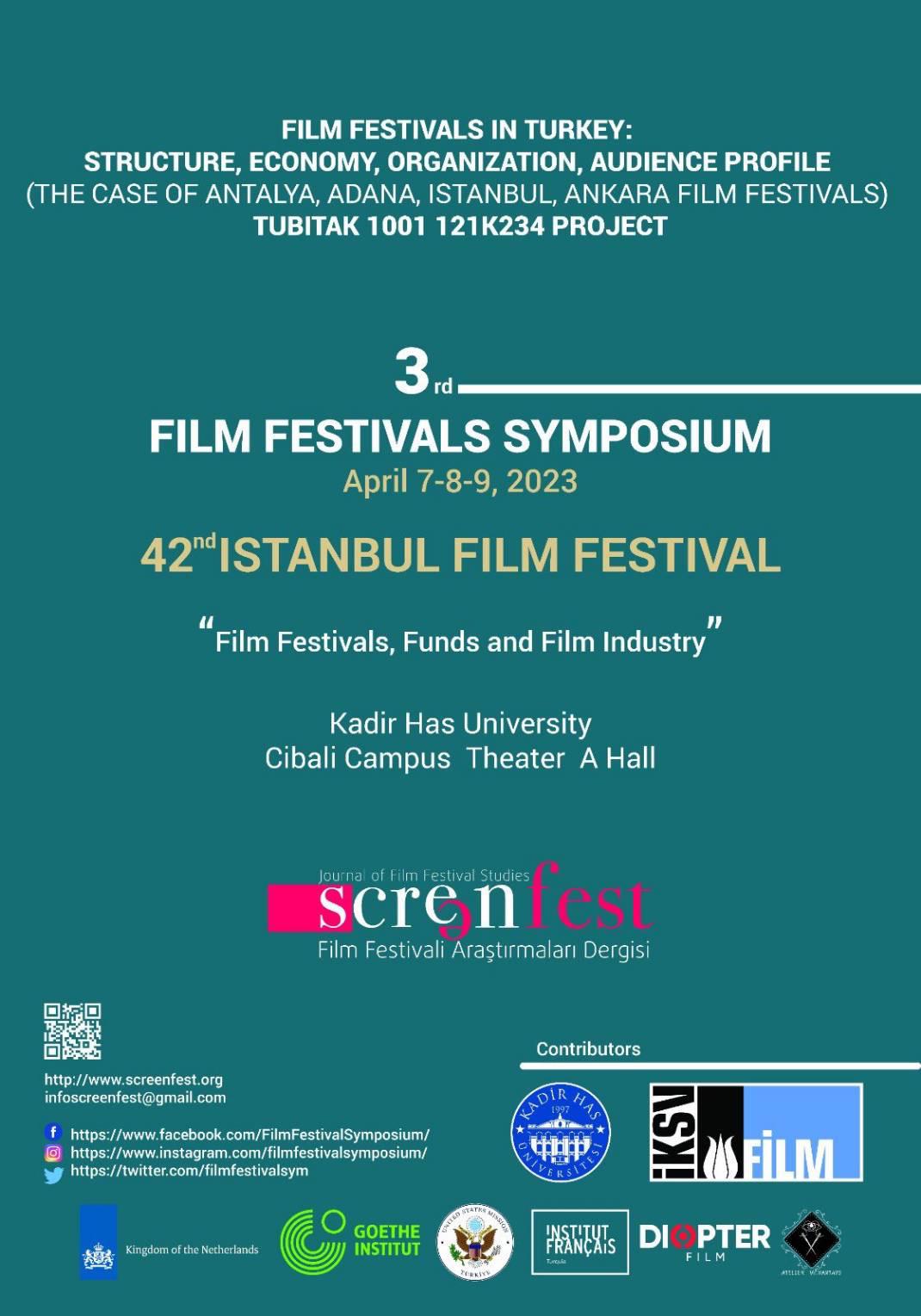The movie “Asiya: The Last Queen”, about human trafficking in Uganda, is shot with scarce resources. The screenwriters of the movie are 3 women from real victims. Production Manager Betty Ssekirevu Lunkuse told the story of the movie to SineBlog…
Who is Betty Ssekirevu Lunkuse?
Freelance writer and blogger. She was born in Uganda and is 25 years old. She works with organizations on the individual and society. She is active on entrepreneurship, society, sustainable development and the empowerment of women and youth. She is working as the Production Manager on the feature film “Asiya: The Last Queen” which is currently being shot.
What the film’s title means? Who is Asiya? Why is she the “last queen”?
Asiya is the name of our main character, and she’s the “last queen” in that, since the film is inspired by true events and written by victims, “people who were trafficked under the guise that they would earn a lot of money, leading lavish life-styles, as of Queens”, it is our character’s desire that she is the last fake queen to exist.
What made you –as a person- decide to produce this movie?
Well, it is because I’m supportive of the cause against Human Trafficking and other SDGs. The vice does not only put a lot of lives in danger, but is also the reason for several unreported deaths/turmoil, and goes on to mentally and emotionally harass its victims as they experience first-hand post trauma, regardless of whether they made any financial progress or not; some fail to recover, for the rest of their lifetime. Generally victims of trafficking are 70% female, 25% male and 5% transgender. Moreover a bigger percentage of the trafficked do not even know they are being trafficked.
So, I wanted to be part of this journey, the course against the vice. I wanted to be one of those people that even can minutely see to it that this vice is curbed and also be one of those to stand with the victims to let them know that we know what they have been through, what they are going through and that we stand with them to see that human trafficking comes to an end. Also, one of other reasons we are making this film is to remind people who stay at home that there is a more polite way to treat victims, rather than re-enforcing the trauma with our judgements and expectations.
The fact that the script of the movie was written by three women who were the victims of human trafficking, based on their own painful experiences, makes the film even more meaningful. Are you the one who led women to write their own stories? What were the motivations that drove them to this?
We do have a patron who foresaw to it that our writers come together to make the script. There in, we have been working hand in hand to ensure that the product is as we desire it. And of course, our writers needed an outlet/healing for the terrible experiences, and they needed to warn others to take caution. We saw film as a perfect medium in which we could do this.

One of the screenwriters of the film, human trafficking victim Aisha Nam Tetubatya
What about cast and crew? Are they professional actresses, actors, technicians?
Yes, there are professionals and of course some new faces and talents.
The movie is not a studio movie, as far as I’ve seen. I see that you are following different methods to finance and / or to support the film. What are these?
We do have some fundraising campaigns occasionally, and initiate partnerships with other crew. Then we also have some volunteers to finish some tasks on board, and as well, individual donors and well-wishers.
I am one of those who think that collecting donations for the production of the film is important both for the audience’s ownership of the film and for the independence of the film. Was this a choice or did you have to?
Absolutely,you are right. Collecting donations is indeed very important as our audience then feels that they are part of this big course, and embrace ownership. And this is the whole point. We don’t just want to make a film to keep on our shelves and sell to whoever we like, anyhow. We very much want our audience to be part of the journey, which is why we are mostly charity driven. And thank God we’ve seen that we somehow have been able to achieve this, as our cast and crew know that we are family, and so does our audience. We are in this together, for each other, with each other. But also the fact that we are a young team, and our writers’ victims with heavy medical needs and bills, independently producing would be quite tricky, so it was simply inevitable that we use this approach.

One of the campaigns organized to fund the film: T-shirt and cap 50,000 UG Shillings (approximately 100.42 TL)
What roles do you think the art of cinema can play in drawing attention to extremely important social problems such as human trafficking and raising awareness?
Oh, the roles are for sure beyond words. Considering the fact that this is an internet driven generation, with gadgets, social media, and motion picture dominating our daily livelihood, we cannot dare to despise the role that ‘the art of cinema’ has been playing, and is yet to play. This is just the beginning. A lot of people now enjoy watching more than reading, and with other issues such as mental health, trauma, other young people have resorted to practices that involve isolation to be able navigate these problems. Others are consistently seeking for entertainment, or a way to be heard and cinema cannot be ignored. We can, we have to, and we must, make use of the opportunity that we can share, entertain, advocate, and educate, through this approach. Cinema can be used for the betterment of any aspect, sector, and field that we find wanting. Its benefits are innumerable, of course.
In a recent report I read that there are still around 25 million people in the world who can be called human trafficking victims, that is, modern slaves. The same report highlighted the role of some international companies and their associated corrupt politicians. Unfortunately, Uganda is one of the leading victim countries of human trafficking in the world. If I asked you to list the three most important reasons for this, what would they be?
1- The first one would be the desire for greener pastures. Much as Ugandans are listed as some of the most enterprising people and rate high as small scale business owners on the continent, the inflation rate is also pretty high yet. 9.2% of Ugandans are unemployed, 78% youths under the age of 30. We also have social problems like a lowly currency where people are dissatisfied with the value of the shilling, so they all really just want to go somewhere, make some more money, provide for their families and be able to lead a more contented life. In my experience, the average Ugandan would need at least four steady sources of income to be able to thrive. This is how come no matter the number of reports on violence and deaths, Ugandans still sign up for informal labour exportation especially to the middle east and to certain degree, it is only reasonable that they do so, the consequences however, are disturbing like you are aware.
2- Peer pressure and internal competition among the youths. Now this looks basic but cannot be despised. A lot of youths simply follow the bandwagon despite the fact that their financial needs may not be as dire as of those of others. And some are simply crest-fallen and hopeless that something good can come out of their sweat. Either because of their past economic failures, or because of inconsistency, impatience, or simply low level perseverance, as we all have our issues. So one may think that if Jude prospered out there, he or she too might. Yet in actual sense, we are all served differently as individuals.
3- Ignorance and the search for capital. Like I shared before, one may argue that they have difficulty making the shilling accumulate. Yet we all need some capital to start and make our businesses break even. So since many youths are unemployed, they would rather have their labour exported, make some money, be a little richer, save a little more, then come home and launch their business or build some rentals. But the cost of this? Depends on how much one is willing to loose. Some of the traffickers however vie on the ignorance of their victims, by promising them grandeur, even making them sell some property like land to purchase flight tickets.

A photo from the film’s casting audition that took place on February 29, 2020
We observe the growing sensitivity of the big Western states on human trafficking. They prepare reports and make recommendations to other countries etc. But, on the other hand, Canada, USA and Australia are at the top of human trafficking destinations together with some Middle Eastern countries. Do you think this is a contradiction?
Well, I see the irony and it is dumb-founding. Yet; I am led to believe that the Human Trafficking Industry is a source of income for severe individuals and corporations. To take them down would therefore require thorough check in the very systems and people that govern our countries. But how then, is one supposed to take down the very hand that feeds them? It’s pretty much a challenge. Since human trafficking is a billion dollar industry, moreover one that is thriving, it would simply mean that there is more required to curb the vice and we are merely scratching the surface. We all would need collective sustainable efforts, clarity, and transparency, to shake each other up and overcome the corruption that must be the veil to our oppressors.
What difficulties do you encounter in the production process of the movie? For example, do you ever receive threats in various forms?
Since our project is charity driven, our biggest challenge is still financial. Others like COVID-19, have also been a setback since gatherings are prohibited thus delaying shooting several scenes of the film, some willing donors have been cut off since a lot of wallets have been affected by the lock down, and of course we are challenged by some other people who think our film might be a threat to their works, even in an industry like this where we can all thrive, some other people would go out of their way to disqualify a film they barely know anything about, But I guess, this is to be expected.

One of the promotional photos of the movie
What goals did you set for the movie? International screenings, festivals?
I would like to think that I’ve shared the goals in all my previous responses… We do intend to have screenings both within and internationally, and are open to receiving all help and support that other people out there are willing to extend our way, so that we can have the film screen in their countries, and even, on festivals. Please, don’t hesitate to reach out via email and social media accounts: filmcasting@aol.com, https://twitter.com/AsiyaFilm, https://www.instagram.com/asiyathelastqueen/, https://www.facebook.com/asiyathelastqueen/








